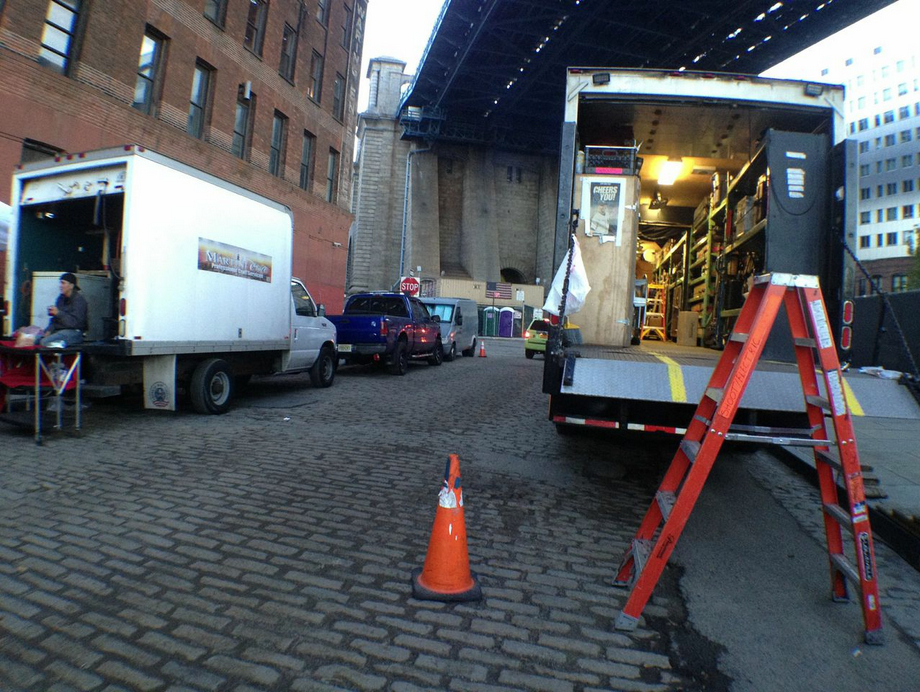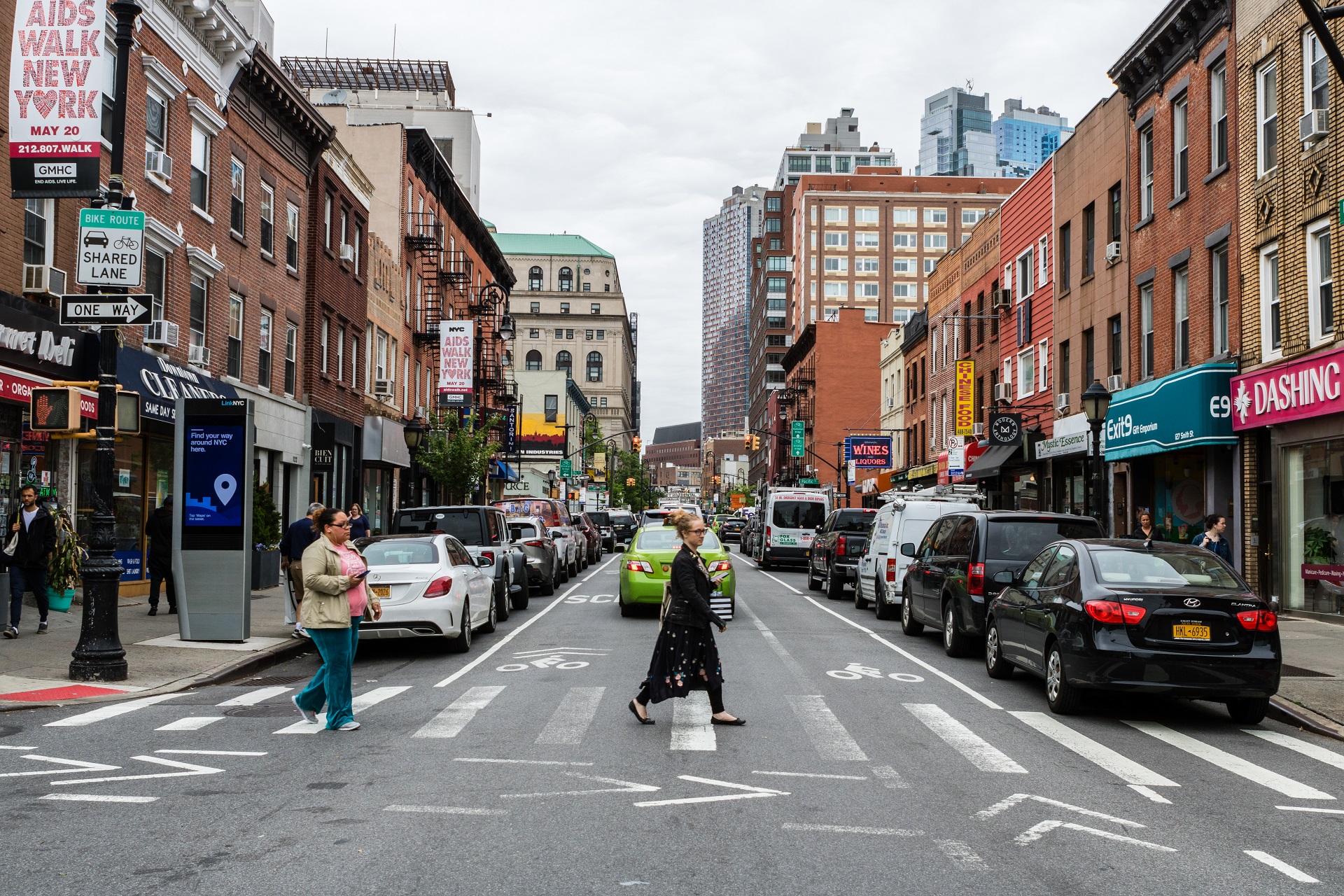Neighborhoods flooded by film crews could get relief under a proposed ‘Bill of Rights’
Brooklyn saw 12,534 film shoots in 2018, mostly in Williamsburg, Greenpoint

It’s one of the most frequent complaints made by residents of Brooklyn’s scenic neighborhoods: film crews and their paraphernalia flooding local streets, taking up parking and disrupting deliveries to local businesses.
New York City Councilmember Inez Barron says that beleaguered New Yorkers deserve a “Bill of Rights” protecting them from such incursions.
Barron, who represents Brooklyn’s District 42 (D-East New York, New Lots), has introduced two bills aimed at helping residents who have a hard time getting to their homes, parking spaces or Access-A-Rides because production companies have taken over the area. Adding to residents’ frustration is the perception that different rules seem to apply in different neighborhoods, or even from block to block.
